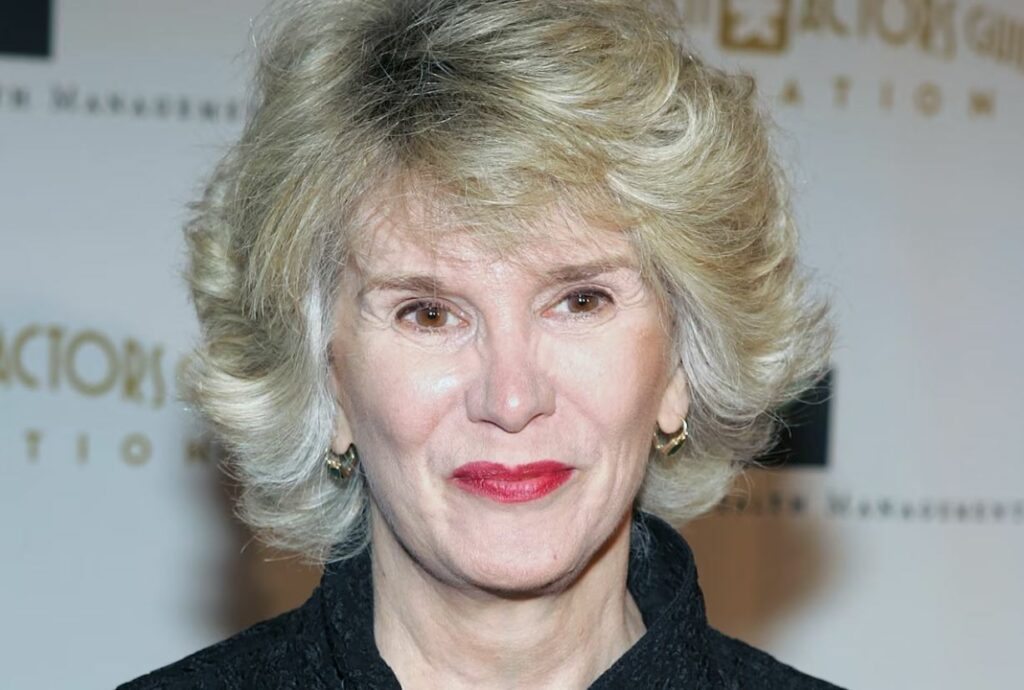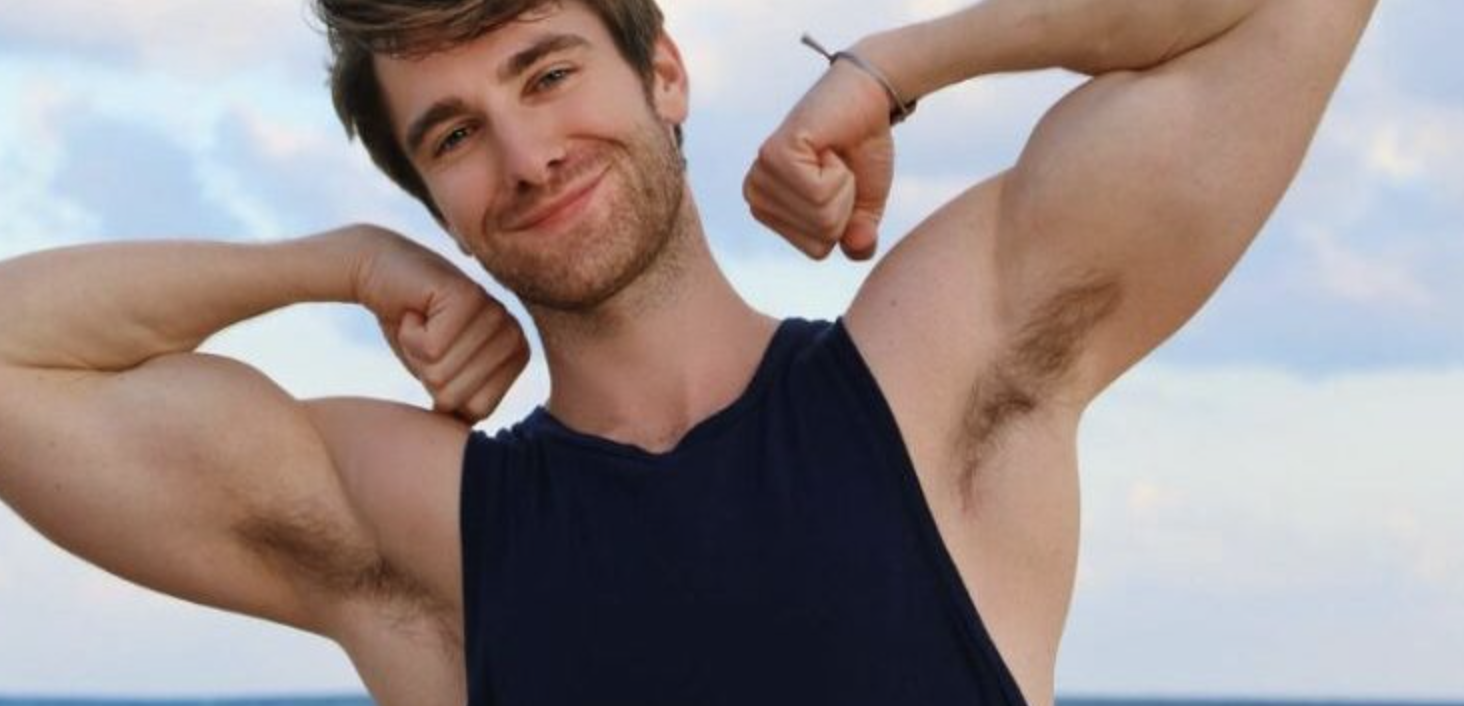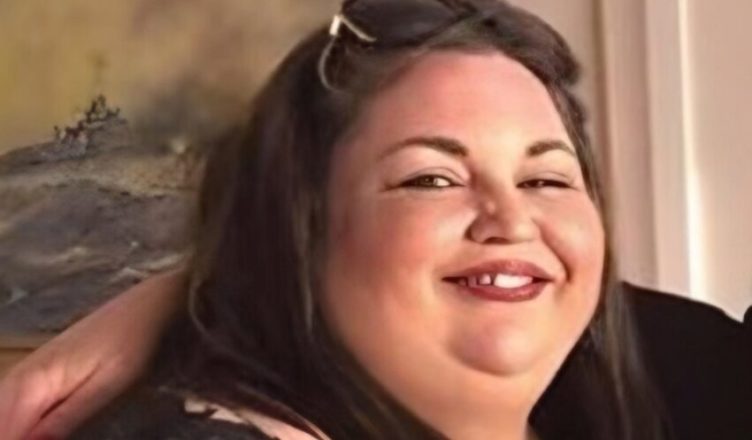Barbara Bosson, an actress who parlayed a brief cameo as an exasperated single mother on the acclaimed station-house drama series “Hill Street Blues” into a recurring part as the resilient ex-wife of a police captain, died Feb. 18 at a hospital in Santa Monica, Calif. She was 83.
Her son, Jesse Bochco, confirmed the death but did not provide a cause.
“Hill Street Blues,” which was co-created by Ms. Bosson’s then-husband, Steven Bochco, redefined the police-show genre during its 1981-1987 run with cinéma vérité-style camera work and characters whose flaws, insecurities and contradictions were on full display. Few had more emotional baggage than Ms. Bosson’s Fay Furillo.
In the pilot episode on NBC, Fay burst into the station to confront her ex-husband, Capt. Frank Furillo (Daniel J. Travanti), after his child-support check bounced. Fay doesn’t hold back, giving the captain a tongue-lashing in front of the other cops.

Steven Bochco said Ms. Bosson’s scene was intended as a one-off appearance to avoid battles with network executives over nepotism. Viewers, however, had their say. Fay was a hit and was quickly added to the show.
Ms. Bosson received five Emmy Award nominations in as many years for her supporting role, as she portrayed a character who reinvents herself to help crime victims and takes on a cheeky confidence with signature sentence-starters such as “Hey, buster.”
“I sort of had a constituency,” Ms. Bosson told The Washington Post in 1987.
She said women would write her describing how much they identified with Fay’s problems, saying “you are me, and if you can do well, I can, too.”
“So I began to feel like I represented some important people who don’t get represented on television,” Ms. Bosson said.
Steven Bochco left the show after its fourth season amid disputes with the producers, MTM Enterprises, over storylines and costs. Co-creator Michael Kozoll departed during the show’s second year. Ms. Bosson stepped away after the show’s fifth season, saying the writers and producers were gradually stripping the complexities of her character.
“I’m like Fay in some of the humorous ways,” she said in a 1983 interview with Playboy magazine. “I will sometimes get so outraged at something that I’ll talk too loud in public. … Fay is an endless victim.”
Ms. Bosson often said one of her most fulfilling moments came from investigating the real-life job of victim advocate and persuading Bochco to make it part of the evolution of her “Hill Street Blues” character.
“They are truly courageous people who do this job,” she told The Post. “So I researched what that job was and I went to my husband and said, ‘Come on, let’s make Fay — the quintessential victim, for God’s sake — a victims’ advocate. It’s a wonderful progression.’ It took him a whole year to give in to me, but he did.”
The show built a dedicated fan base that puzzled over details such as the show’s setting (an unnamed gritty Northern city that Steven Bochco once hinted was an amalgam of “Chicago, Pittsburgh, New York, Newark”). A line used by Sgt. Phil Esterhaus (Michael Conrad) to end the precinct’s morning briefing — “Be careful out there!” — became a stock phrase in everyday lingo for years.
The show influenced a generation of other television dramas that intertwined plotlines and the personal complexities of the characters, including NBC’s “St. Elsewhere” (1982-1988), “ER” (1994-2009), and Bochco’s “NYPD Blue” on ABC from 1993 to 2005.
Ms. Bosson went on to star in crime shows including three created by Bochco for ABC: “Hooperman” (1987-1989) playing a police captain alongside co-star John Ritter; “Cop Rock” (1990) playing a mayor; and “Murder One” (1995-1997) as a deputy district attorney. That role earned her a sixth Emmy nomination for supporting actress in a drama series.

Barbara Ann Bosson was born in Charleroi, Pa., on Nov. 1, 1939, and spent her early years in nearby Belle Vernon, south of Pittsburgh. Her father, an aspiring tennis coach, also worked as a milkman, and her mother was a homemaker. The family moved to Gulfport, Fla., while Ms. Bosson was in high school.
She was accepted into the drama department at Carnegie Tech (now Carnegie Mellon University in Pittsburgh) but could not afford the tuition. She moved to New York and worked in several jobs, including television production assistant and hostess at the Playboy Club in Manhattan, while taking acting classes.
She entered Carnegie Tech in 1965 as a 26-year-old freshman. There, she met Bochco (they married in 1969) and aspiring actors, Bruce Weitz and Charles Haid, who would later join her on “Hill Street Blues.” While on summer break, Ms. Bosson landed a gig at the San Francisco-based improv group, the Committee. She did not return to Pittsburgh to graduate.
In film, Ms. Bosson made her debut as a nurse in the crime thriller “Bullitt” (1968) starring Steve McQueen. She appeared in other movies including the 1974 adaptation of the Broadway musical “Mame” starring Lucille Ball, and the conspiracy drama “Capricorn One” (1977).
Ms. Bosson’s marriage to Bochco ended in divorce. In addition to her son, survivors include a daughter, Melissa Bochco; a brother; and two grandchildren.
Ms. Bosson took pride in how her “Hill Street Blues” role struck a nerve. In a 1983 interview, she said there were two types of fan mail.
“I get a lot of mail from men who say I hate you, and it’s obvious that they think I’m their ex-wife,” she said. “But most of my mail is from people who say, ‘Thank God, I’m seeing some of my problems on television. I didn’t think I existed.’”




